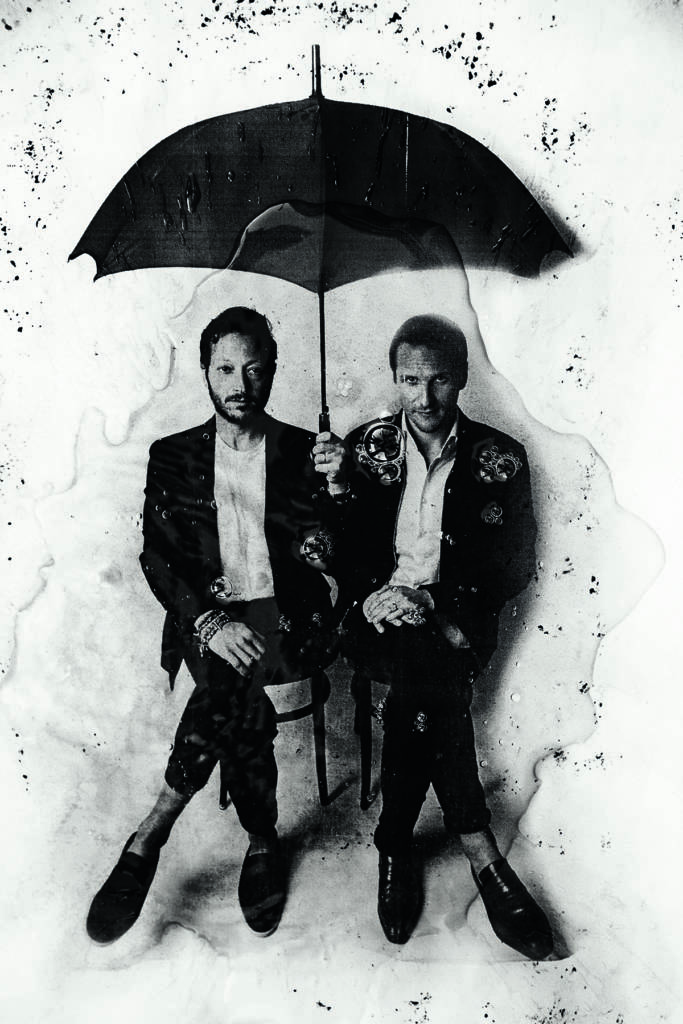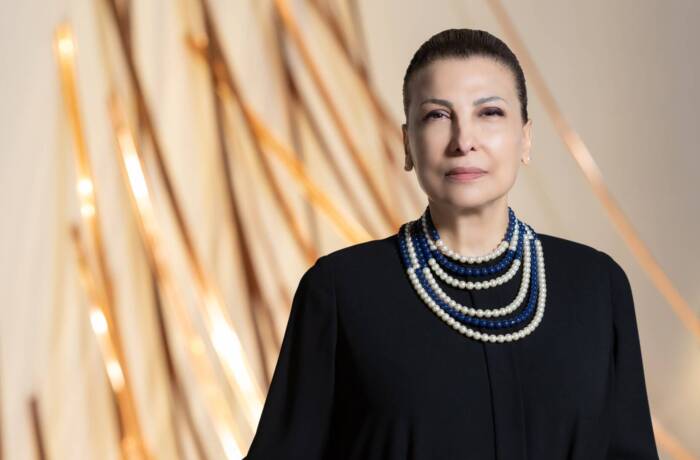For the winter 2023 issue of LUX, rising star photographer Angie Kremer captured the stars of an emerging Parisian creative scene. Her evocative images and her interviews with these individuals explore their relationship with the city and its evolving cultural ambit
Tom-David Bastok & Dylan Lessel
Co-founders, Perrotin Second Marché, which offers collectors a bespoke alternative to auction houses
LUX: How has the creative scene in Paris changed recently?
The art scene in Paris is becoming more dynamic than ever. Some say that the city is regaining its essential place after New York, following Brexit in the UK and the coronavirus pandemic. Paris has always played a key role in art – especially during the 19th and early 20th centuries, when it was the absolute artistic epicentre of the world. Therefore, what the city has lately been experiencing feels more like a logical return to its roots, rather than an unexpected change. Paris has been providing fertile ground for artists and international galleries that have just opened their doors – such as David Zwirner, Skarstedt, Mariane Ibrahim and White Cube.
Anthony Authié
Founder, Zyva Studio, a trans-design architecture studio
LUX: What do you find most exciting about what you do?
The thing I like the most about my job is the fact that you can practise it in different ways. Architecture is plural. You can talk about it, write about it, draw it, virtualise it. I’d really like to write an architectural novel, to be able to do 3D, create NFTs, launch a furniture line. I feel that I can constantly reinvent myself.
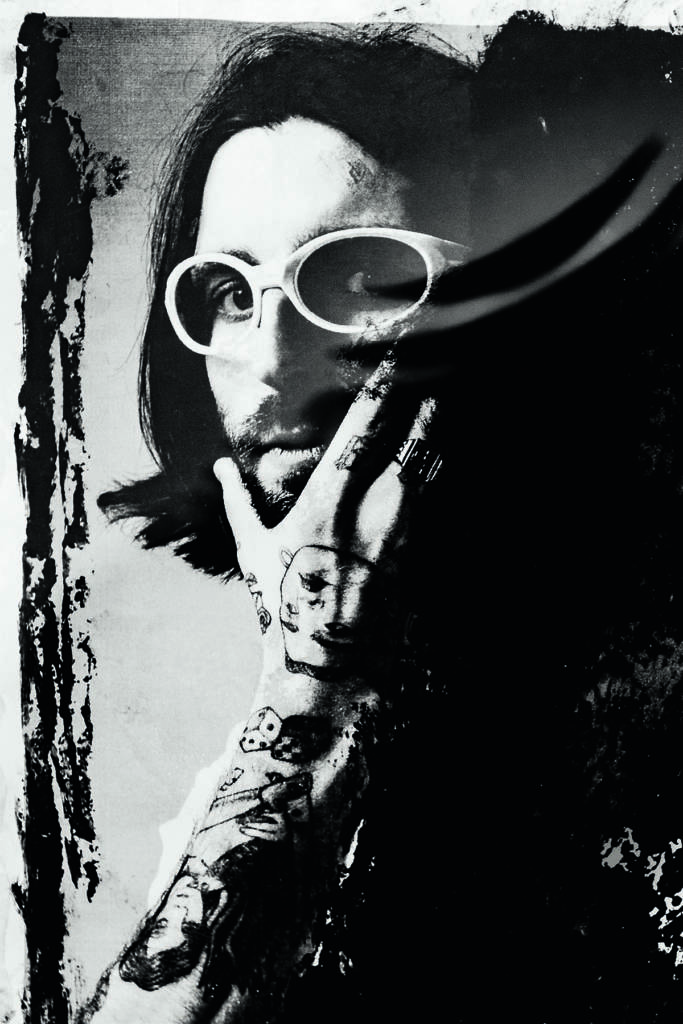
LUX: Is Paris better than London?
For someone like me, who loves clichés above all else, Paris is the city of love, while London is the city of punk. While the idea of being able to design rock ’n’ roll architecture appeals to me, I will always choose the love and romance of Paris. So, yes, Paris forever.
LUX: Is Paris still a difficult place for non-Parisians?
I think this is a fantasy. I often have the impression that the provinces tend to have a harder time accepting Parisians than the other way around. Paris can seem harsh, but I think it’s really more about openness than rejection. Let’s just say that you can’t be too sensitive to live and work in Paris.
Follow LUX on Instagram: luxthemagazine
Sidonie Gaychet
Director, 110 Honoré, a new Parisian cultural venue on rue Saint-Honoré
LUX: What will Paris+ par Art Basel bring to Paris?
Since 1974 Paris has hosted the unmissable event of the autumn season – the FIAC. Last year was a little different, since the slot at the Grand Palais Éphémère was been allocated to Paris+ par Art Basel. On the bright side, it attracted the highest crop of art institutions, collectors, artists and critics.
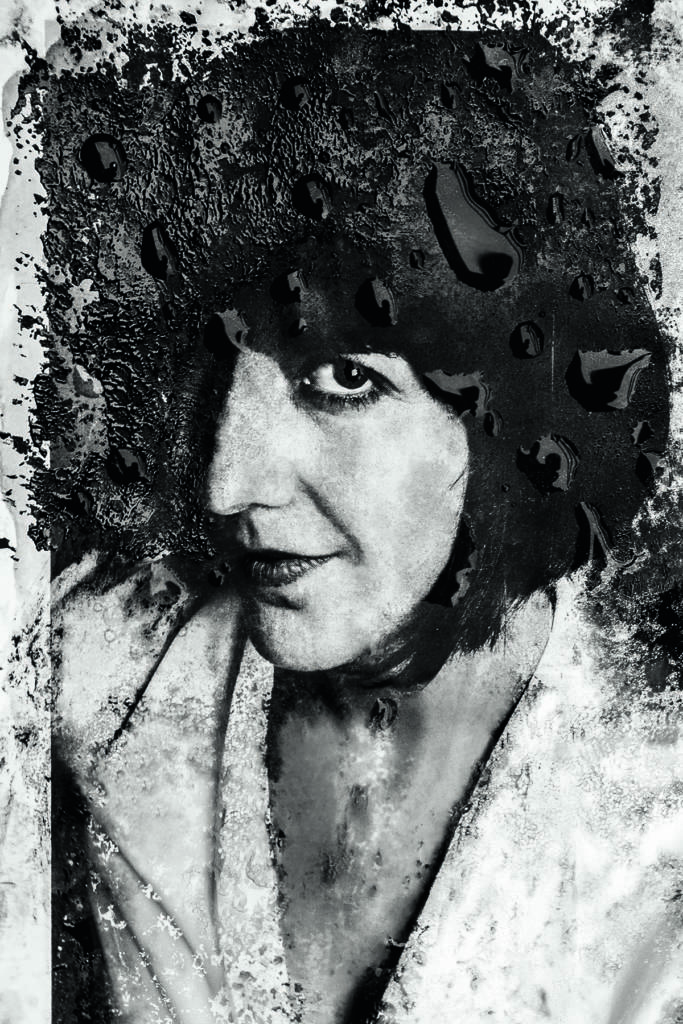
LUX: Is Paris better than London?
The London art scene is very different from the French one. London has always been the wild child. Paris takes a little more time to open up. But when it does… A concept such as the one that we’re launching with 110 Honoré has already been somewhat tested in London or Berlin. However, we will bring a very Parisian twist to it.
Brice & Regis Abby
Paris-based twins, known as Doppelganger Paris, who are visual artists and DJ/ sound designers
LUX: What are your biggest challenges?
Before the pandemic we had two separate activities – music and the visual arts. We are working now to create a bridge between our iconographic references and our new musical and cinematographic projects. They deal with our childhood and a period of tension in Ivory Coast. Inclusivity and difference need to be heard and seen.
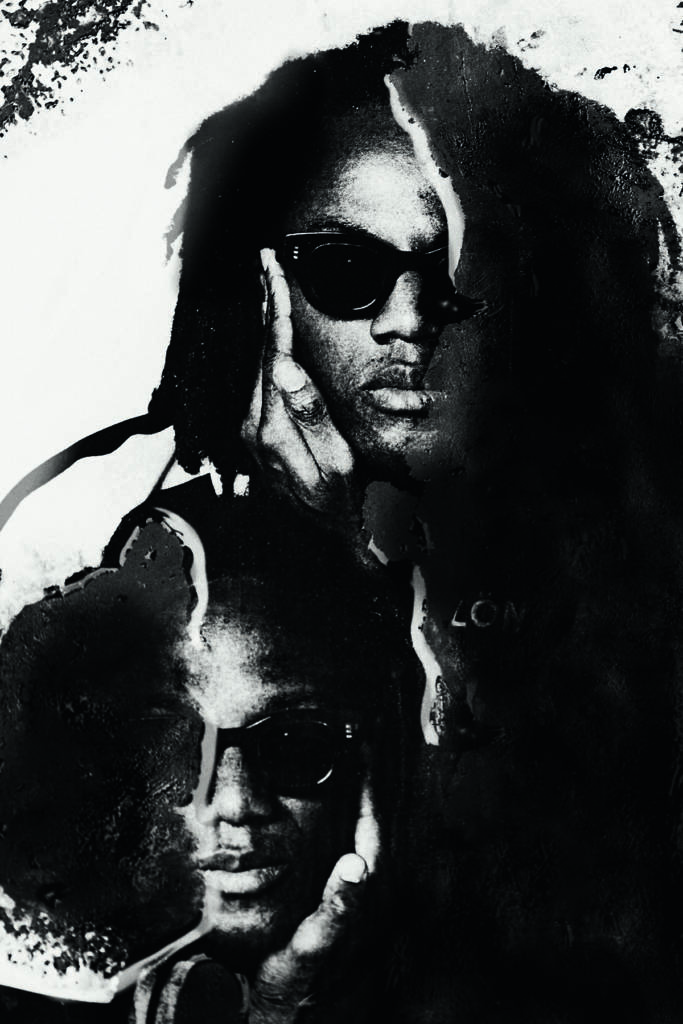
LUX: How has the Paris creative scene changed?
The pandemic changed the creative scene globally, and Paris has been touched by the same phenomenon. Many artists are part of that scene, but don’t live in Paris any more; they moved to the countryside. But the renewal is definitely there, with new galleries and creative agencies. It was a challenging time, because the culture was non-essential.
Sophia Elizabeth
Co-founder, Spaghetti Archives, which presents a monthly selection of archival fashion pieces around a given theme
Olivier Leone
Co-founder, Nodaleto, a made-in-Italy luxury shoe label
LUX: Is Paris better than London?
SE: They are two different cities, but I love London and the freedom people have in their style. They don’t judge and don’t care about judgment. I love the way the city always evolves. But to be honest, I am a true Parisian.
OL: My fellow London friends won’t like it, but at the moment Paris is the best city for creatives. We are all gathered here, and the mentality is evolving. This city never ceases to amaze me.
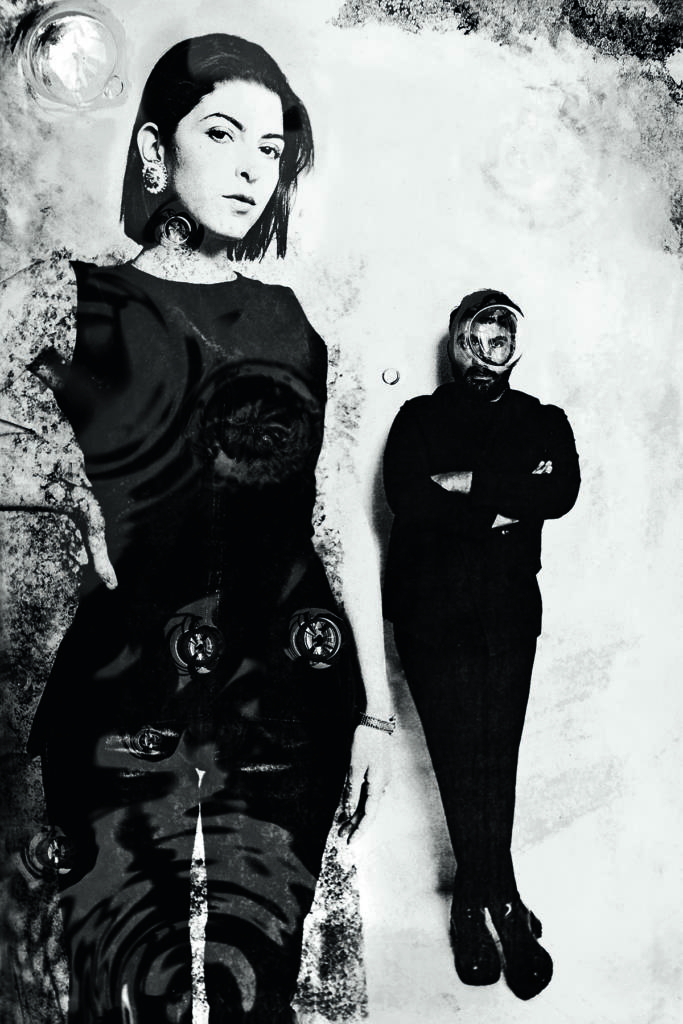
LUX: Is Paris still a difficult place for non-Parisians?
OL: Less and less, mostly because many foreigners came to live here and they are making the city evolve. But it’s true that it’s not a city where you can make friends easily. I was born and raised here, but always grew up with an open mind. So many Parisians, though, are snobs for no reason. It’s part of our charm, but it can be difficult.
Charlotte Ketabi-Lebard
Founder, Ketabi Projects, a contemporary art and design gallery
LUX: Is Paris better than London?
Well, you are asking a Parisian! How could I say no? Paris is the city of my heart and I don’t think I could live anywhere else. When I lived in London I would come back to Paris three to four days a week. I have never worked in London, but I know it’s been very complicated for some galleries since Brexit.
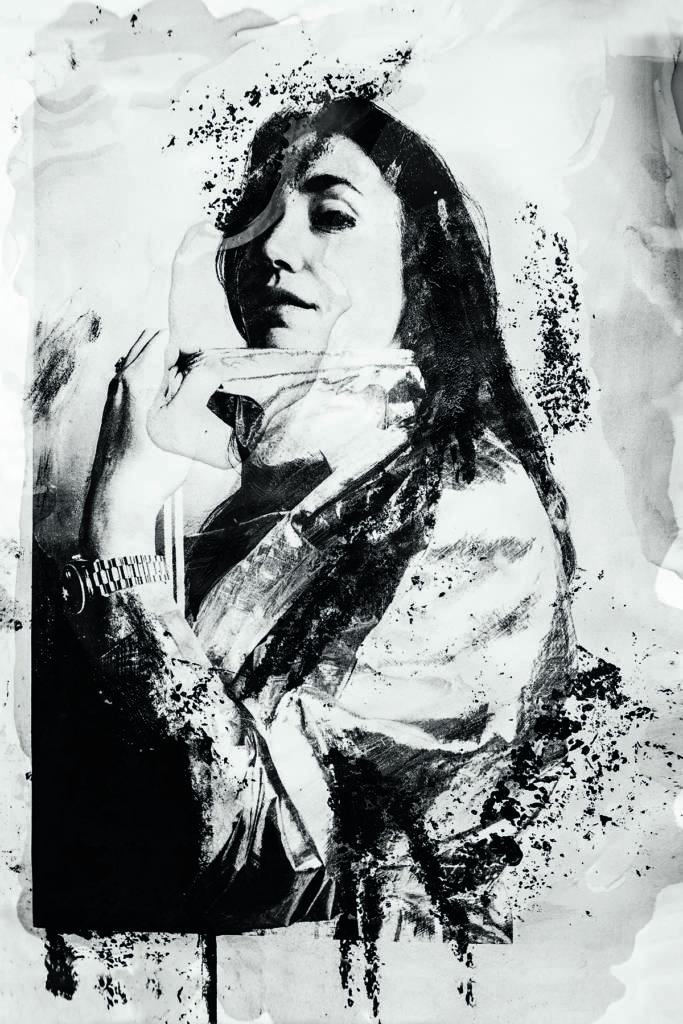
LUX: How has the creative scene changed recently in Paris?
More galleries are opening that show young artists from the French scene who have decided to remain in Paris – a few years ago a lot of artists fled to the US or Belgium. And many residency programmes, such as les Grandes-Serres de Pantin or Poush Manifesto, have been developing in Paris and its outskirts.
Anna Gardère & Raphaëlle Bellanger
Co-curators and art directors, KIDZ Paris, a book showcasing the creativity of today’s youth
LUX: How has the creative scene in Paris changed?
We love to see initiatives promoting crossover between the art world and other universes. We were talking with Joy Yamusangie, an amazing British painter, who told us how they loved working with Gucci, who gave them carte blanche on a wall in Shoreditch. We love to see artists and their visions in dialogue with scientists, too, like the one at CERN, which has opened its door to a residence of artists.
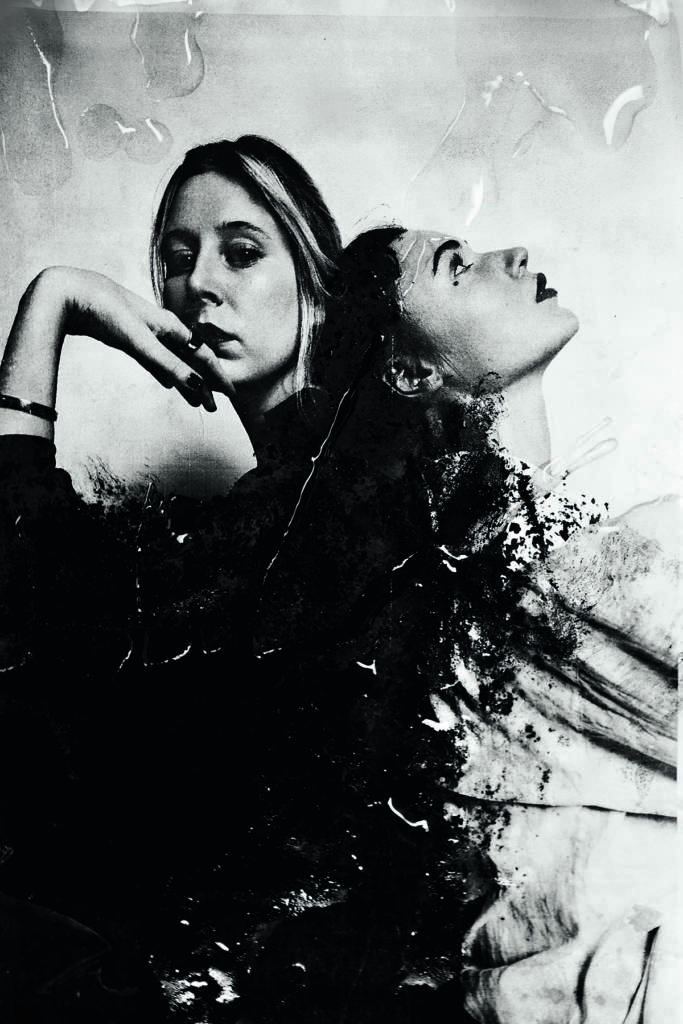
LUX: Is Paris still a difficult place for non-Parisians?
Paris still has its own code, but social media has definitely disturbed Parisian snobbery. Influencers have forced the whole creative industry to reconsider its criteria. Nowadays you can break into this world with a simple social-media account, because you’re supported by a community that believes in you and that is ensuring a high rate of engagement. It’s much more egalitarian – even democratic in a certain way, but also much more competitive.
Roxane Roche & Capucine Duguy-Noblinski
Co-founders, Invida Communication, a PR and digital agency
LUX: How has the Paris creative scene changed?
What has changed is the emergence of new brands with real storytelling, and a very thoughtful brand image based on editorial content. There’s a vintage rebound, too, from the 1960s and 1970s, with the relighting of brands like Courrèges and Carel. But, above all, brands are turning towards an ecological and eco-responsible approach.
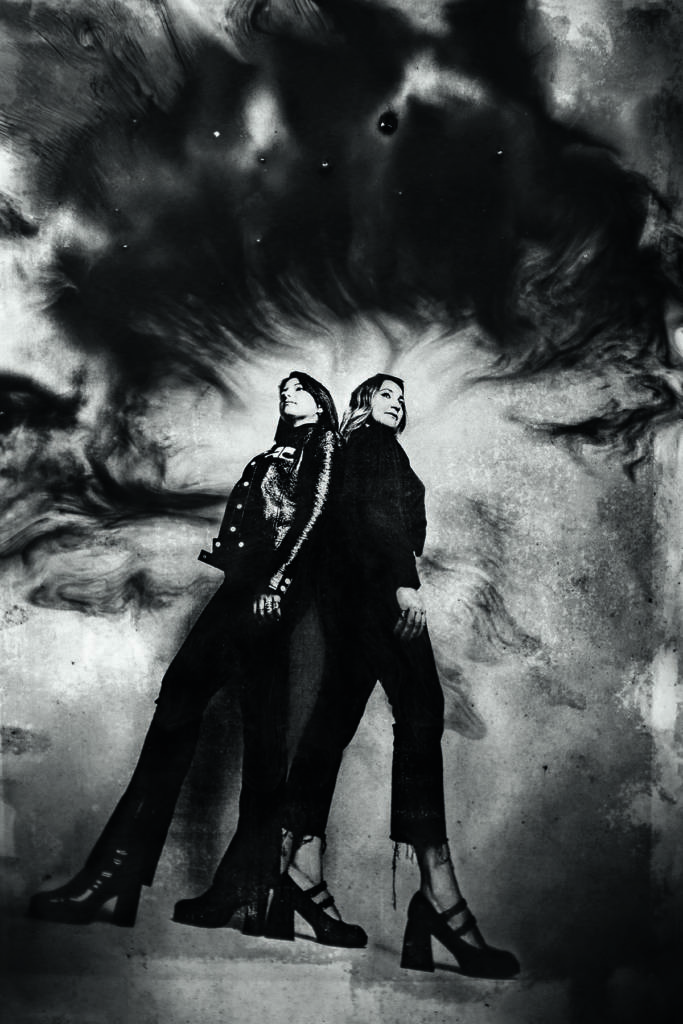
LUX: Is Paris still a difficult place for non-Parisians?
Paris can be difficult for a non-Parisian. People often keep to themselves and don’t easily open their doors. It’s sometimes quite confusing, but no one is ever really alone in Paris.
Ferdinand Gros
Founder, superzoom, a contemporary art gallery that offers a platform for emerging artists
LUX: How has the creative scene in Paris changed?
There are a growing number of younger galleries, and older ones that are refreshing their programmes. The emerging art scene is at its strongest ever. Additionally, there are great new artist residency programmes in Paris that work like incubators and host hundreds of studios, like Poush Manifesto. We are also seeing the established blue-chip galleries giving opportunities to younger artists.
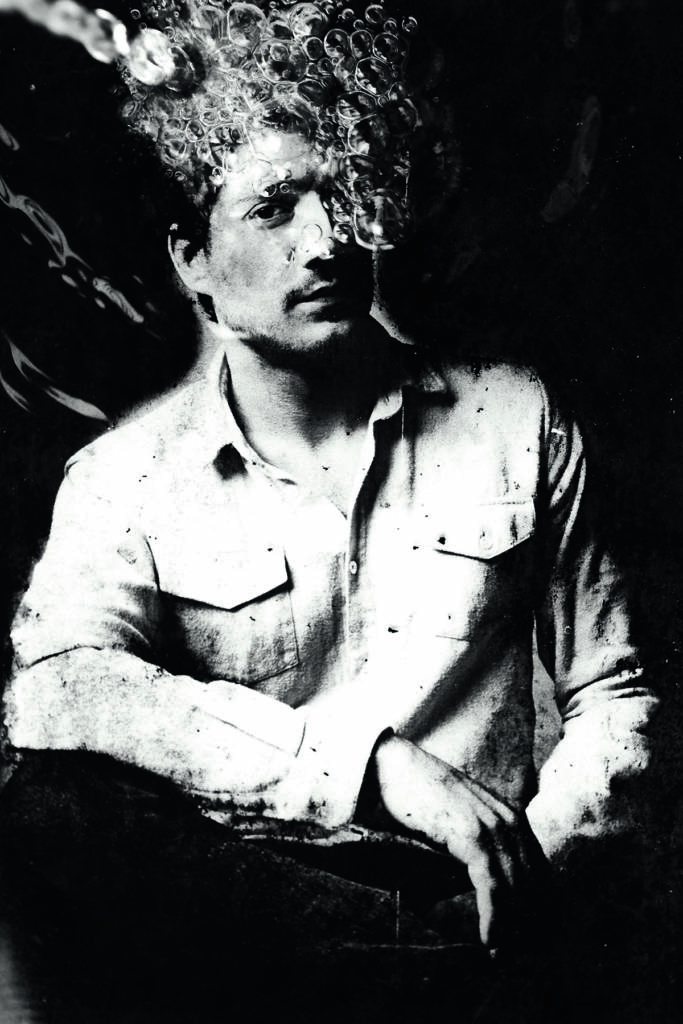
LUX: Is Paris better than London?
Not quite yet. London has managed to stay very fresh and is always ahead of Paris, in terms of art trends. London collectors are bold and forward-looking. The Parisian scene is getting there, especially in this time of creative momentum. The recent private institutions contribute a lot to this. Perhaps it will surpass London in those areas, but I don’t believe it has happened yet.
Read more: Adrian Cheng Celebrates 200 Years of Couture
Annabelle Cohen-Boulakia
Founder, Millenn’Art, a club concept that connects young artists and collectors to the art market
LUX: Is Paris better than London?
Paris is the historic city of the art world, but above all the city of my heart and the one in which I founded my project. Admittedly, it is not London, with Anglo-Saxon magic and a cosmopolitan dynamic.
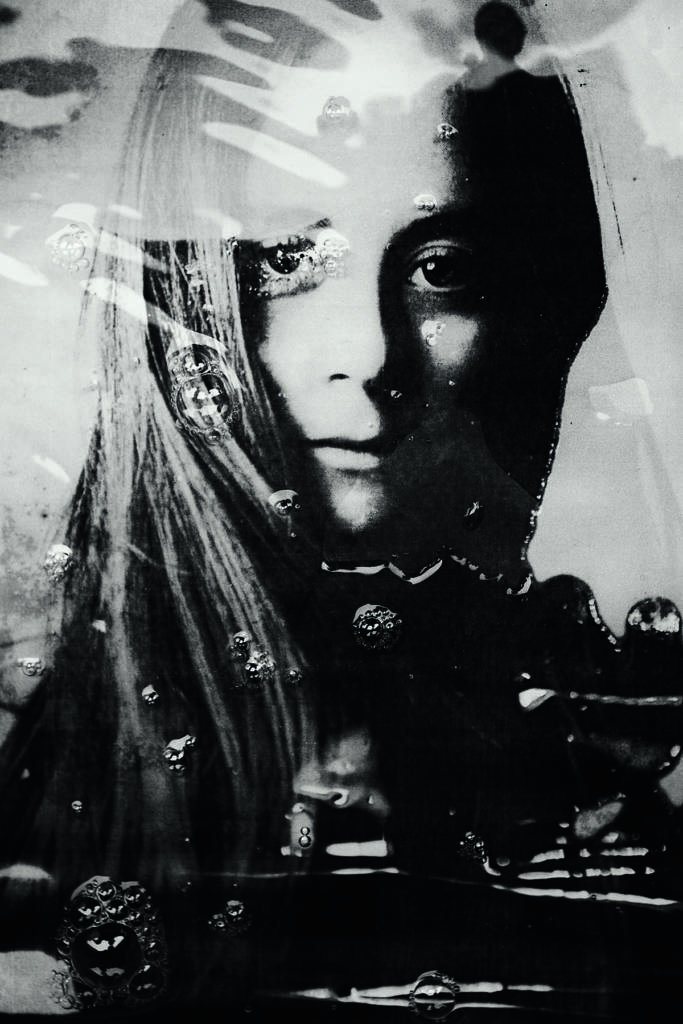
LUX: What will Paris+ par Art Basel bring to Paris?
Paris+ par Art Basel, which belongs to an international group, opens up the art market beyond the Parisian sphere. I think it is a fair that leaves more room for artistic experiment and so has less conventional and, perhaps, more original content than FIAC.
About the photographer
Angie Kremer experiments with unconventional techniques in her ‘Elements Portraits’ series. “I explore the relationship between the controllable and uncontrollable, and nature’s four elements. It comes from a feeling that we have forgotten how to connect with the wildness of nature and its unpredictability.” Prints are dipped in the canals of Venice, creating a mysterious layering effect and adding tension to the portraits on these pages.
LUX: Why is Paris an inspiring city for your career ?
Paris is a truly unique place and I am fascinated with how each person living here and working in the creative field takes from its energy and uses it in their own way. Everybody in the industry has their own take on things, so they are definitely part of what makes the city so inspiring to me.
LUX: What do you have in common with all the people you photographed in the feature ?
The art industry is broad and encompasses so many different professions that there is always something inspiring about each actor of this world. Whether they specialize in design, art, fashion, music or work in Public Relations, everyone contributes to the ever-evolving culture of the city, which is something that we all have in common.
LUX: Can you tell us more about your photographic technique ?
My technique is rooted in the need to always experiment and find new ways of approaching photography. It is an ongoing process of discovery of my medium and how I can play with each stage of the creative process. For this series, I got to use a layering technique mixing chemical reactions, paper, pigments and water. So, the moving, lifelike feel of the photographs comes from me dipping the prints into the Venetian Canals and incorporating the elements of nature into the series along with a factor of unpredictability.
LUX: What are your future plans ?
I will keep meeting new inspiring people from different spheres in the industry and exchange ideas with them and have encounters that will translate into exciting future collaborations and projects. I also aim to keep working on the technique shown in this series, and I want to broaden it and turn it into something organic, that has a life of its own. I think that combining the physicality of this technique with the possibilities of the digital could make for an exciting creative venture, so I am eager to explore that.
Find out more:

